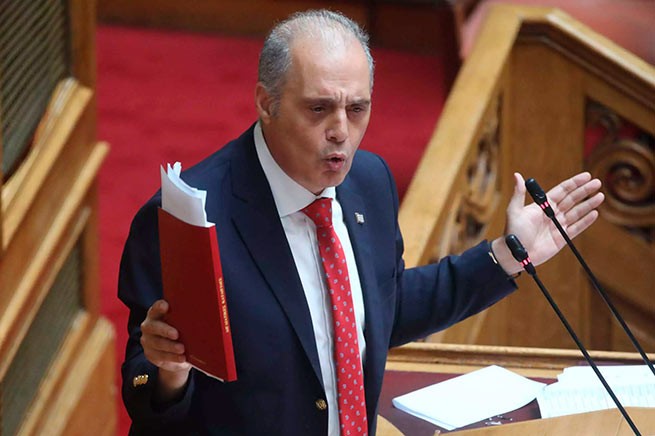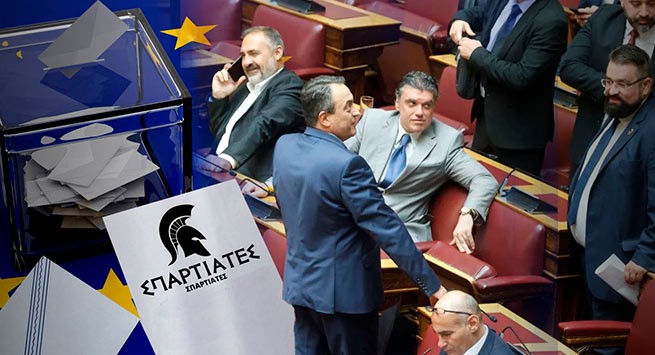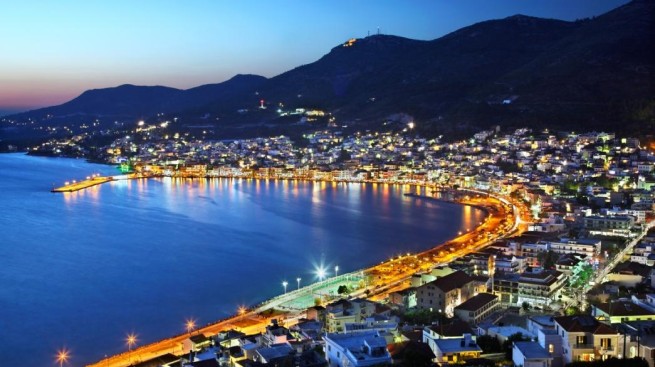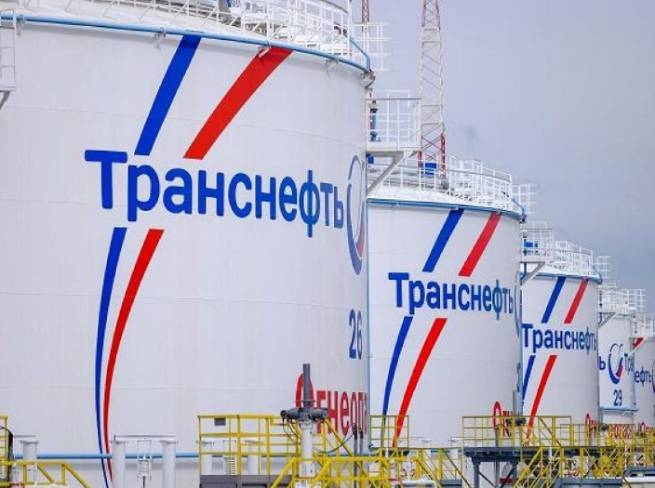Russia sells oil much cheaper than $60 – this is exactly the limiter set EU.
As Bloomberg reports with reference to Argus Media, a few days after the entry into force of the cap on the price of Russian oil, some of it is trading well below the threshold level:
“It’s not necessarily related to the limitation itself, although it could be the cause.”
Data provided by Argus Media shows that Urals oil, which accounted for about 60% of Russia’s offshore exports last year, traded at $43.73 a barrel on Wednesday. Oil is transported from ports in western Russia. Bloomberg notes:
“Russia’s loss of its historic European markets due to sanctions, skyrocketing freight costs and increased reliance on a small group of long-distance buyers of Urals – especially China and India – means that barrels must be lowered in price to be competitive.”
The agency notes a different price picture for supplies from eastern Russia: prices for the ESPO grade, named after the initials of the pipeline that transports barrels from eastern Siberia, fell to $68.72 on Wednesday. Both grades are well below Brent futures, which were trading at around $78.50 on Thursday.
The Russian authorities use Argus data to calculate export duties. They are regularly cited in reports from the International Energy Agency, whose calculations will help determine future upper bound adjustments. According to Michael Carolan, Head of Oil Prices for EMEA at Argus, the main factor driving down the price of Urals is perhaps not the price cap, but the loss of European buyers:
Urals has no buyers on the doorstep right now, so prices have to be lowered to attract long-distance buyers. This is due to sanctions and previous self-restrictions by European refiners, not price caps.
Approximately 3/4 of Russian oil was shipped by sea from the west of the country, the newspaper writes, and the more expensive transportation of fuel to Asia leads to high costs. At the same time, another grade of ESPO oil trades better, albeit with a lower price, as it is delivered from the eastern part of Russia to Asian countries.
As a reminder, the functioning of the price cap mechanism will be reviewed every two months in order to promptly respond to market developments. It will be set at a level of at least 5% below the average market price for Russian oil and oil products, calculated on the basis of data from the International Energy Agency.
In the Russian Federation, however, repeatedly declaredthat they will not adhere to the “price ceiling”, arguing that it is not a market one and may have serious consequences for the world oil market. Earlier, Vladimir Putin’s press secretary Dmitry Peskov said that a decision on Russia’s response to the introduction of the so-called price ceiling by Western countries would be published in the near future.







More Stories
Turkish tourists choose Samos for their holidays
Food: Testing for Pesticides
Highway E65: how long does the Athens-Kalambaka journey take, toll